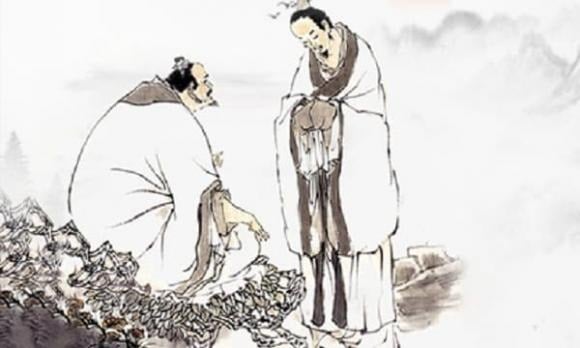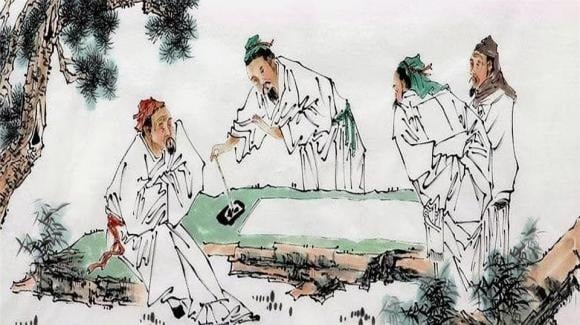What does it mean when people say, “A turtle’s back and a snake’s waist cannot be friends”?
While the wise words of our ancestors advised against judging a book by its cover, they also reminded us that our outward appearance reflects our inner selves. “Outer beauty” is not just about physical features but also offers a glimpse into one’s psychology, attitude, and habits. The phrase “a turtle’s back” refers to individuals with a hunched back, either due to genetic factors or poor postural habits developed over time.

Our ancestors cautioned us against judging solely on appearance, believing that it offers a window to the soul.
This physical trait, as seemingly innocuous as it may be, holds a deeper meaning. Through their experiences and observations, our forebears noted that individuals with such posture tendencies often lacked confidence, impacting their lifestyle and communication skills. While a hunched back is not a fault to be ridiculed or scorned, it may indicate deeper psychological wounds, akin to a turtle retracting into its shell for protection. This self-doubt can sometimes lead to self-centered thinking.
Hence, the ancient wisdom warns against befriending such individuals, as their influence might be detrimental, reflecting the adage, “Show me your company, and I’ll tell you who you are.”
The second part of the proverb mentions “a snake’s waist.” This phrase describes women with an excessively swaying gait, implying a lack of propriety. In the past, women were esteemed for their modesty and graceful bearing in movement and speech. Those who were overly liberal in their mannerisms were often subject to societal gossip and not considered exemplary virtuous wives and mothers.
In essence, the advice from our ancestors is not about physical discrimination but rather a profound insight into human nature, gleaned from one’s appearance and behavior. It is a valuable lesson in discernment and self-preservation.
The next proverb, “Glancing at someone is like cutting with a knife”
Following the proverb about physical appearances is the complementary phrase, “Glancing at someone is like cutting with a knife.” Leonardo da Vinci famously said, “The eyes are the window to the soul,” and indeed, our inner thoughts and feelings are often reflected in our gaze.

The second part of the proverb cautions against the judgment and social implications of sideways glances.
This part of the proverb does not refer to those with small or narrow eyes but rather to individuals who do not look others straight in the eye, choosing instead to glance sideways. Such people are often cunning, dishonest, and untrustworthy, and their sideways glances can be interpreted as a sign of disrespect and contempt in social interactions. Basic etiquette dictates that we look at the person we are speaking to directly in the eye to show respect.
In conclusion, the full proverb, “A turtle’s back and a snake’s waist cannot be friends; glancing at someone is like cutting with a knife,” is not just an ancient saying but a life lesson and philosophy. While we encounter many people in our lives, not everyone is suitable to be our friend. Therefore, it is essential to value ourselves and be discerning in choosing our company, avoiding associations with untrustworthy individuals.






























